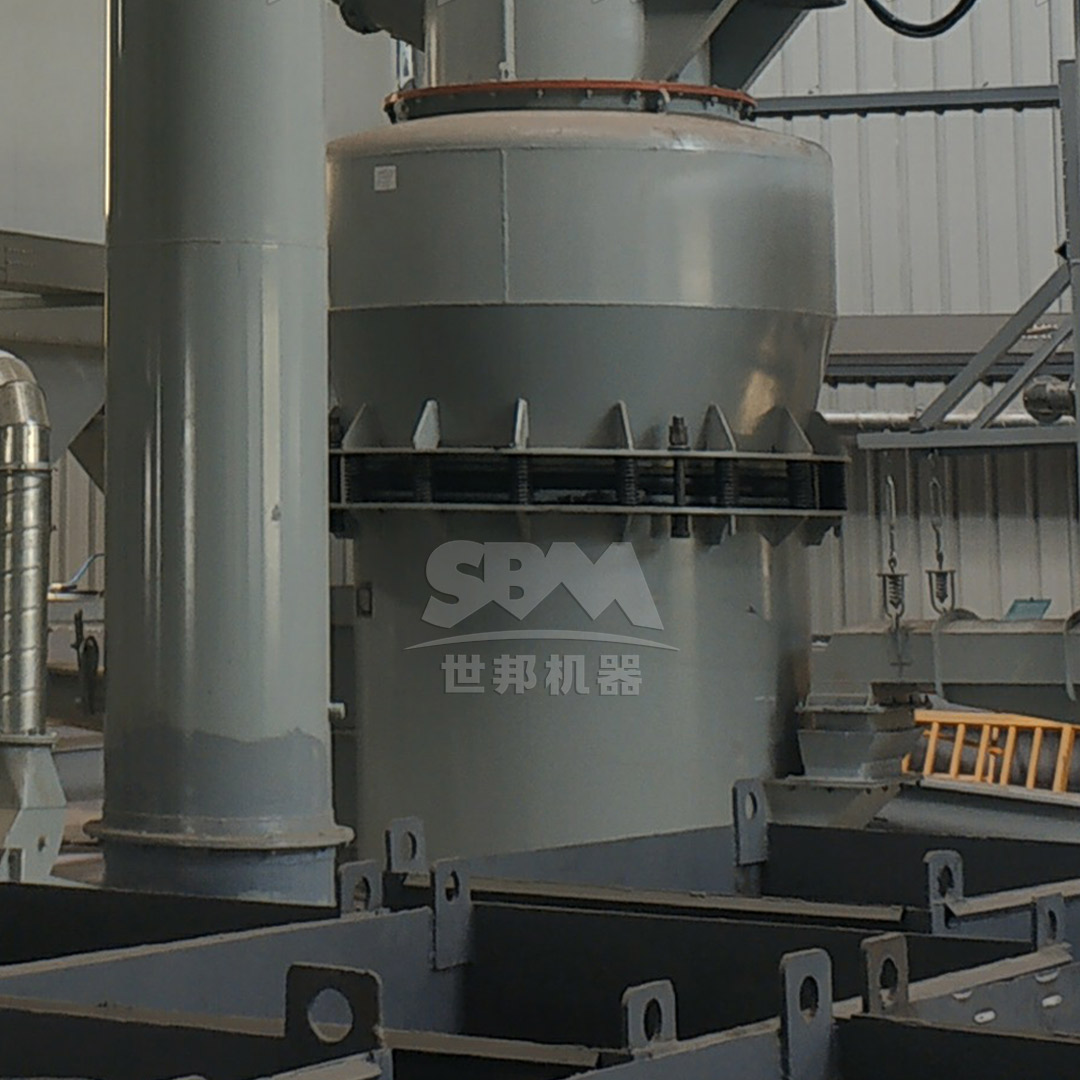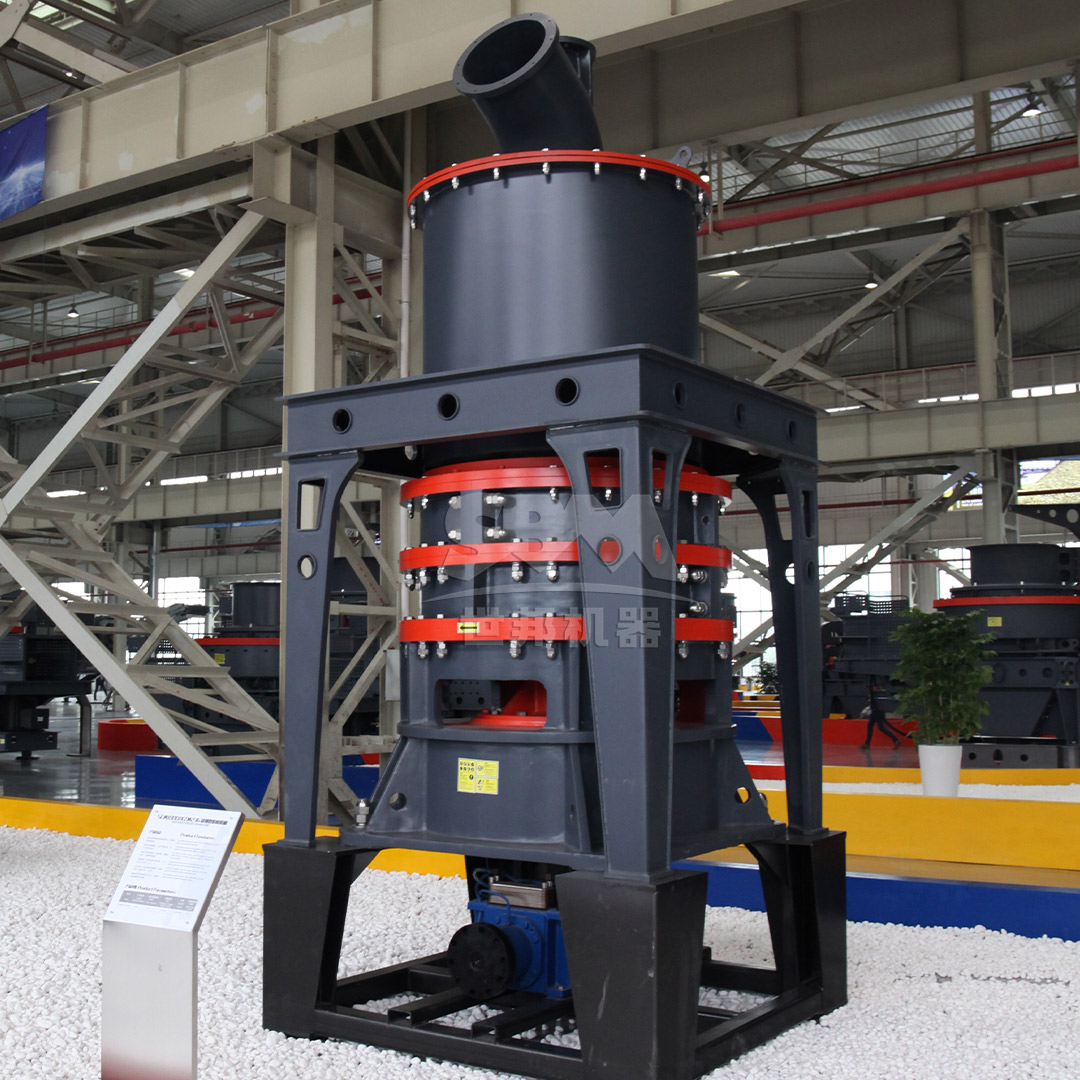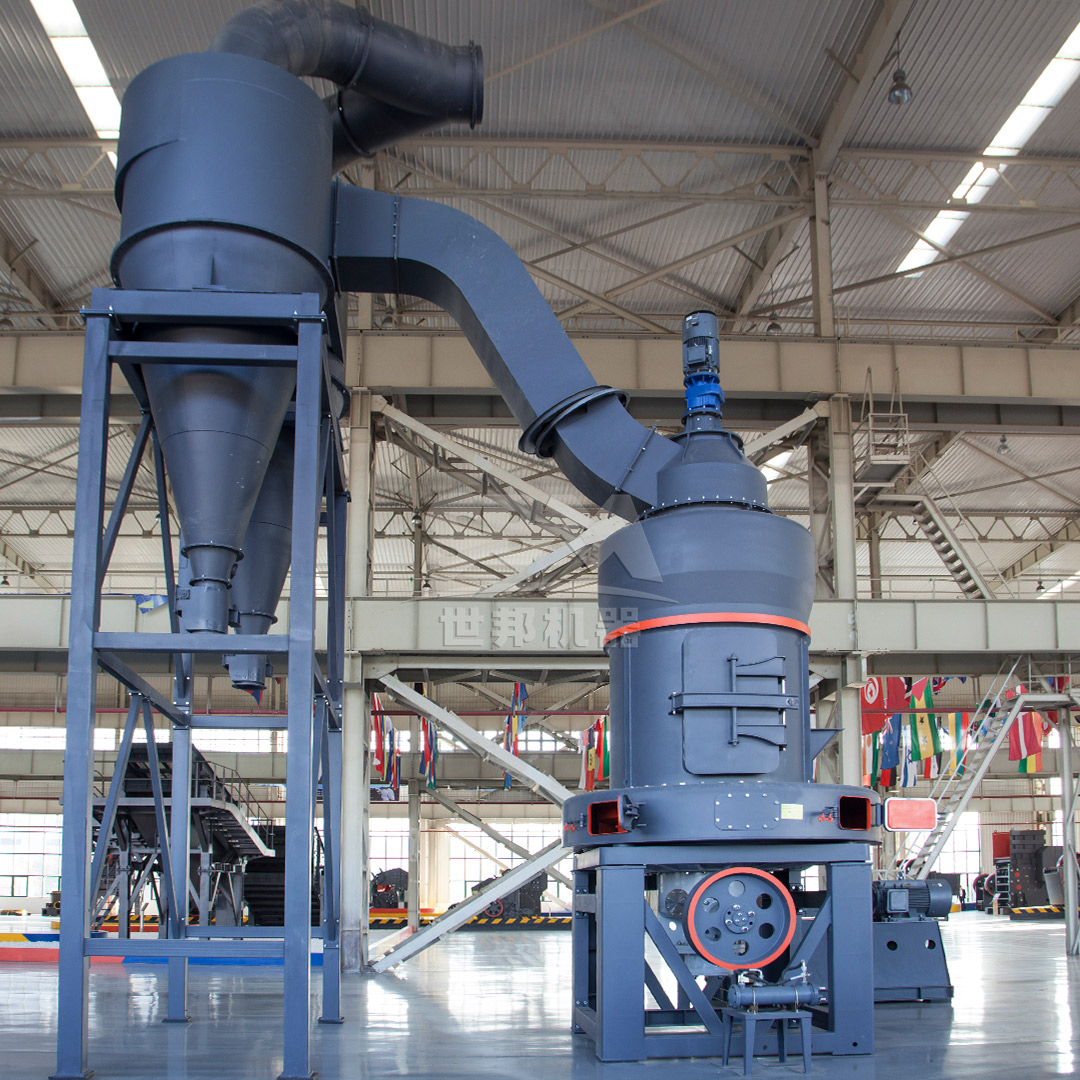Bentonite clay, a naturally occurring aluminum phyllosilicate, has gained significant importance in the pharmaceutical industry due to its exceptional adsorption, swelling, and gelling properties. The production of pharmaceutical-grade bentonite requires precise control over particle size distribution, purity, and chemical stability. The grinding process plays a crucial role in determining the final product quality, making the selection of appropriate grinding equipment paramount for manufacturers seeking to meet stringent pharmacopeial standards.
Pharmaceutical applications demand bentonite with specific characteristics: uniform particle size distribution, high surface area, controlled viscosity, and freedom from contaminants. Achieving these specifications requires advanced grinding technology capable of producing ultra-fine particles while maintaining the material’s inherent beneficial properties. The transformation of raw bentonite into pharmaceutical-grade material involves multiple processing stages, with fine grinding being the most critical step that directly impacts product performance.

Pharmaceutical-grade bentonite typically requires particle sizes ranging from 45 micrometers down to 5 micrometers (325 to 2500 mesh). This fine particle size ensures maximum surface area for adsorption and optimal dispersion in liquid formulations. The particle size distribution must be tightly controlled, with D97 values (the particle size at which 97% of the material is finer) consistently meeting specification limits. Narrow particle size distributions prevent segregation in final products and ensure batch-to-batch consistency.
Maintaining product purity is non-negotiable in pharmaceutical applications. Grinding equipment must be constructed using materials that prevent metallic contamination. The grinding chamber and components contacting the product should be made of stainless steel or specialized alloys that resist wear and prevent iron introduction. Additionally, the grinding system must incorporate effective dust collection and containment to prevent environmental contamination and protect operator safety.
Bentonite contains crystalline water that can be affected by excessive heat generation during grinding. Pharmaceutical-grade bentonite must retain its natural structure and hydration properties, necessitating grinding systems with efficient heat dissipation or cooling mechanisms. Temperature control during grinding ensures the material’s pharmaceutical properties remain intact, particularly its swelling capacity and viscosity development.
| Parameter | Pharmaceutical Requirement | Standard Bentonite |
|---|---|---|
| Particle Size (D97) | ≤5μm | ≤45μm |
| Iron Contamination | ≤0.1% | ≤0.5% |
| Bacterial Count | ≤1000 CFU/g | Not specified |
| Heavy Metals | ≤10 ppm | ≤40 ppm |
| Swelling Index | ≥24 ml/2g | ≥18 ml/2g |
For pharmaceutical-grade bentonite production, ultra-fine grinding mills represent the optimal solution. These systems combine precise mechanical grinding with advanced air classification to achieve the narrow particle size distributions required by pharmacopeial standards. The integration of grinding and classification in a single system ensures consistent product quality while minimizing energy consumption and operational complexity.
Modern ultra-fine grinding mills incorporate several critical features for pharmaceutical applications: completely enclosed systems to prevent contamination, CIP (Clean-in-Place) capabilities for thorough cleaning between batches, and constructed from pharmaceutical-grade materials. Additionally, these systems offer precise control over grinding parameters, allowing manufacturers to fine-tune the process for specific bentonite grades and applications.
For pharmaceutical-grade bentonite production requiring exceptional fineness and purity, our SCM Ultrafine Mill represents the ideal solution. This advanced grinding system delivers output fineness ranging from 325 to 2500 mesh (D97 ≤5μm), perfectly matching pharmaceutical specifications. With input size capability of ≤20mm and processing capacity from 0.5 to 25 tons per hour depending on model, the SCM series accommodates various production scales while maintaining consistent quality.
The technical advantages of the SCM Ultrafine Mill make it particularly suitable for pharmaceutical applications:

The working principle involves main motor-driven triple-layer grinding rings rotating to disperse material into the grinding path via centrifugal force. After roller pressing and progressive layer grinding, the final powder collection is completed by cyclone collectors and pulse dust removal systems, ensuring a completely closed process that meets pharmaceutical hygiene standards.
| Model | Processing Capacity (ton/h) | Main Motor Power (kW) | Input Size (mm) | Output Fineness (mesh) |
|---|---|---|---|---|
| SCM800 | 0.5-4.5 | 75 | 0-20 | 325-2500 |
| SCM900 | 0.8-6.5 | 90 | 0-20 | 325-2500 |
| SCM1000 | 1.0-8.5 | 132 | 0-20 | 325-2500 |
| SCM1250 | 2.5-14 | 185 | 0-20 | 325-2500 |
| SCM1680 | 5.0-25 | 315 | 0-20 | 325-2500 |
For pharmaceutical applications requiring slightly coarser specifications or when processing bentonite for external preparations, our MTW Series Trapezium Mill offers an excellent alternative. This European-style grinding mill produces output fineness from 30 to 325 mesh (down to 0.038mm) with processing capacity ranging from 3 to 45 tons per hour. The MTW series incorporates several patented technologies that benefit pharmaceutical manufacturing:
The operational principle involves the main motor driving grinding rollers to revolve around the central axis while simultaneously rotating to generate centrifugal force. Shovels throw materials between the grinding ring and rollers to form a material layer, achieving efficient crushing through extrusion, with classification systems precisely controlling final particle size.
Before fine grinding, raw bentonite requires proper pre-treatment to ensure pharmaceutical quality. This typically includes drying to optimal moisture content, removal of oversized particles and foreign materials, and sometimes chemical activation to enhance specific properties. The pre-treatment process must be carefully controlled to avoid damaging the bentonite’s natural structure while ensuring consistency for the grinding stage.
Achieving pharmaceutical-grade quality requires precise optimization of grinding parameters. Key factors include grinding pressure, classifier speed, feed rate, and air volume. These parameters must be balanced to maximize throughput while maintaining product specifications. Modern grinding systems with automated controls allow for precise parameter adjustment and recording, essential for pharmaceutical quality assurance and batch documentation.
After grinding, pharmaceutical-grade bentonite often requires additional processing steps such as sterilization, packaging in controlled environments, and comprehensive quality testing. The grinding system must integrate seamlessly with these downstream processes, maintaining product integrity throughout. Quality control measures should include particle size analysis, microbial testing, heavy metal screening, and performance tests such as swelling volume and viscosity measurements.

Grinding equipment for pharmaceutical-grade bentonite must comply with Good Manufacturing Practice (GMP) regulations. This includes design features that facilitate thorough cleaning, prevent cross-contamination, and allow for validation of cleaning procedures. Materials contacting the product must be documented and comply with relevant pharmacopeial standards. Equipment design should incorporate sanitary principles with minimal dead spaces, easy access for inspection, and surfaces that resist corrosion and particle adhesion.
Pharmaceutical manufacturers require comprehensive validation documentation for grinding equipment. This includes Installation Qualification (IQ), Operational Qualification (OQ), and Performance Qualification (PQ) protocols. The equipment supplier should provide detailed documentation supporting validation activities, including material certificates, design specifications, operating manuals, and maintenance procedures. For bentonite grinding, particular attention should be paid to validating particle size consistency, absence of contamination, and cleaning effectiveness.
Maintaining validated status requires strict change control procedures for any modifications to equipment or processes. grinding mill manufacturers serving the pharmaceutical industry should have robust change notification processes and provide comprehensive support for revalidation activities when needed. Preventive maintenance programs must be designed to maintain equipment in a validated state while minimizing production downtime.
When selecting grinding equipment for pharmaceutical-grade bentonite production, manufacturers must consider the total cost of ownership beyond the initial purchase price. Factors include energy consumption, maintenance requirements, spare parts costs, cleaning and validation expenses, and potential production losses due to downtime. Advanced grinding systems with higher initial costs may offer significant savings through reduced energy consumption, longer component life, and higher processing efficiency.
Pharmaceutical manufacturers often require equipment that can accommodate varying production volumes and product grades. Modular grinding systems that allow for capacity expansion or modification provide long-term flexibility. The ability to quickly change between different bentonite grades or adjust product specifications without extensive revalidation reduces changeover times and increases overall equipment utilization.
Implementing advanced grinding technology for pharmaceutical-grade bentonite production requires careful return on investment analysis. Benefits include higher product quality commanding premium prices, reduced rejection rates, improved production efficiency, and compliance with regulatory requirements that prevent costly interruptions. Manufacturers should consider both quantitative factors and qualitative benefits such as enhanced reputation and customer satisfaction.
The pharmaceutical industry is increasingly moving toward continuous manufacturing to improve efficiency and product consistency. Continuous grinding systems for bentonite offer advantages in reduced footprint, more consistent product quality, and easier scale-up from development to production. Equipment manufacturers are developing grinding systems specifically designed for continuous operation with integrated real-time monitoring and control.
Modern grinding mills are incorporating Industry 4.0 technologies including IoT connectivity, predictive maintenance algorithms, and digital twins. These technologies enable remote monitoring, reduce unplanned downtime, and optimize grinding parameters based on real-time data. For pharmaceutical applications, these technologies also enhance data integrity and support automated documentation for regulatory compliance.
Sustainability considerations are increasingly important in pharmaceutical manufacturing. grinding equipment manufacturers are responding with energy-efficient designs, reduced water consumption in cooling systems, and designs that minimize waste generation. For bentonite processing, sustainable practices include optimizing grinding efficiency to reduce energy consumption and implementing closed-loop systems to minimize material losses.
The production of pharmaceutical-grade bentonite requires sophisticated grinding technology capable of delivering precise particle size distributions while maintaining product purity and natural properties. The selection of appropriate grinding equipment is critical to meeting pharmacopeial standards and ensuring consistent product quality. Advanced grinding mills like the SCM Ultrafine Mill and MTW Series Trapezium Mill offer pharmaceutical manufacturers the technical capabilities, regulatory compliance features, and economic benefits needed for successful bentonite processing. As pharmaceutical standards continue to evolve, grinding technology must advance accordingly, incorporating smarter controls, sustainable designs, and enhanced validation support to meet the industry’s exacting requirements.
Investing in the right grinding technology not only ensures regulatory compliance but also provides competitive advantages through superior product quality, manufacturing efficiency, and operational flexibility. Pharmaceutical companies processing bentonite should carefully evaluate their specific requirements and select grinding equipment that offers the optimal balance of technical performance, regulatory compliance, and economic benefits for their particular applications.